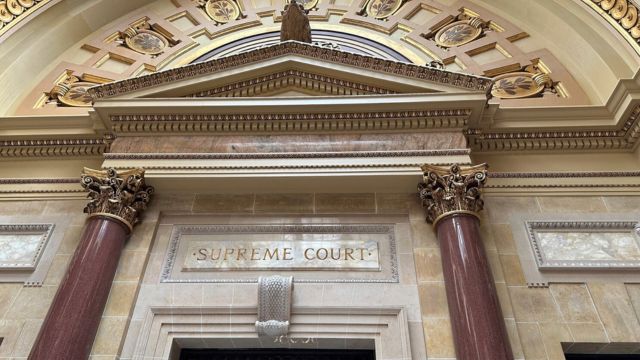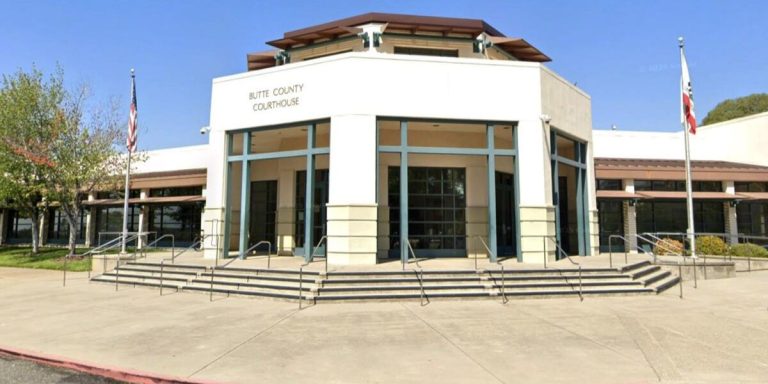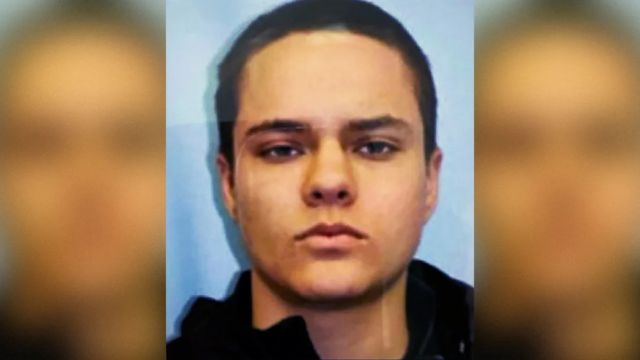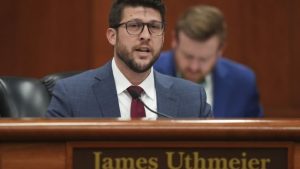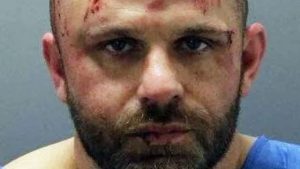MADISON, Wis. — In a report released Wednesday, investigators said it was likely planned for a Wisconsin Supreme Court abortion order from last year to get out, but they couldn’t say who did it.
A draft order that got out in June showed that the court would hear a case made by Planned Parenthood. They want to make abortion access a constitutional right in the state. The court gave the order to accept the case a week after the leak was reported.
Online news site Wisconsin Watch got a hold of the draft order, which was not a decision on the case itself.
When the investigation report came out, the seven justices of the Supreme Court said that the leak was “a breach of trust the court had not experienced in its history.” The leak was criticized by all seven judges.
The order that got out in June was part of one of two cases before the court that had to do with abortion. A second case against the 1849 abortion ban was also heard by the court. It was brought by Attorney General Joh Kaul. A decision is still being made in that case.
The court has not yet set a date for the Planned Parenthood case that was the subject of the report that got out.
Investigators talked to 62 people, including all seven Supreme Court justices, staff, interns, and people who had access to the court, over the course of two weeks in June, from the time the draft became public until Wisconsin Watch published its story.
The report said that network logs, such as web histories, shared folder files, individual folders, and emails from all workers who had access to the draft order were also looked at.
The printer data was also looked at to see who might have made a copy of the draft order.
There are no confirmed suspects at this time, even though all leads have been carefully followed, the report said. It also said that there was no proof that the leak happened because someone broke into the court’s computer system.
The report did find that the draft order was sent to the personal email account of Justice Ann Walsh Bradley. Justice Bradley is one of four liberals on the court who decided to hear the abortion case.
Investigators were told by Bradley’s law clerk that sending important papers to Bradley’s personal email account was normal practice.
The report said that was the only time the draft order was sent to an email address outside of the state court system before the Wisconsin Watch story came out.
Bradley didn’t answer an email on Wednesday that asked about the story. Wisconsin Watch didn’t want to say anything.
Bradley is leaving her job when her term ends in August. Dane County Circuit Judge Susan Crawford will take her place. She was elected to the court in April, which means that Democrats will keep their 4-3 majority.
The probe was slowed down by missing computer data, the report said. The report said that the logs of websites visited in the two weeks before the Wisconsin Watch story about the leaked order were not full. It was only possible to get logs from June 26 and 27, not from June 13 to June 26 as asked for. The story came out on June 26.
“It was significantly harder to fully examine the circumstances surrounding the leak” because of the lack of those website visitation logs, the report said. “The problem shows how important it is to appropriately handle, store, and check data, especially when that data is needed for ongoing investigations.”
A private detective was hired by the court to look into the leak since the court does not have its own police force. The story did not say who was in charge of the investigation, though.
A woman who works for the state court system said that three retired detectives were paid $165,740 to do the probe and write the report.
Audrey Skwierawski, who is in charge of the state courts, said that her office would be putting together a task group to look over the report’s suggestions and come up with ways to make sure that similar things don’t happen again.
It is rare and dangerous to look into how the Wisconsin Supreme Court works from the inside.
When Bradley said that David Prosser, who was Justice at the time, choked her in 2011, the Dane County Sheriff’s Department was in charge of the investigation. The case was taken over by that group after the Capitol Police chief at the time said he had a conflict. On the other hand, Republicans said the sheriff had a problem because he backed Bradley as a Democrat.
In that case, the Sauk County district attorney was the special investigator and decided not to bring charges.




